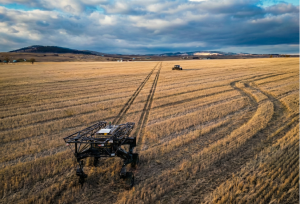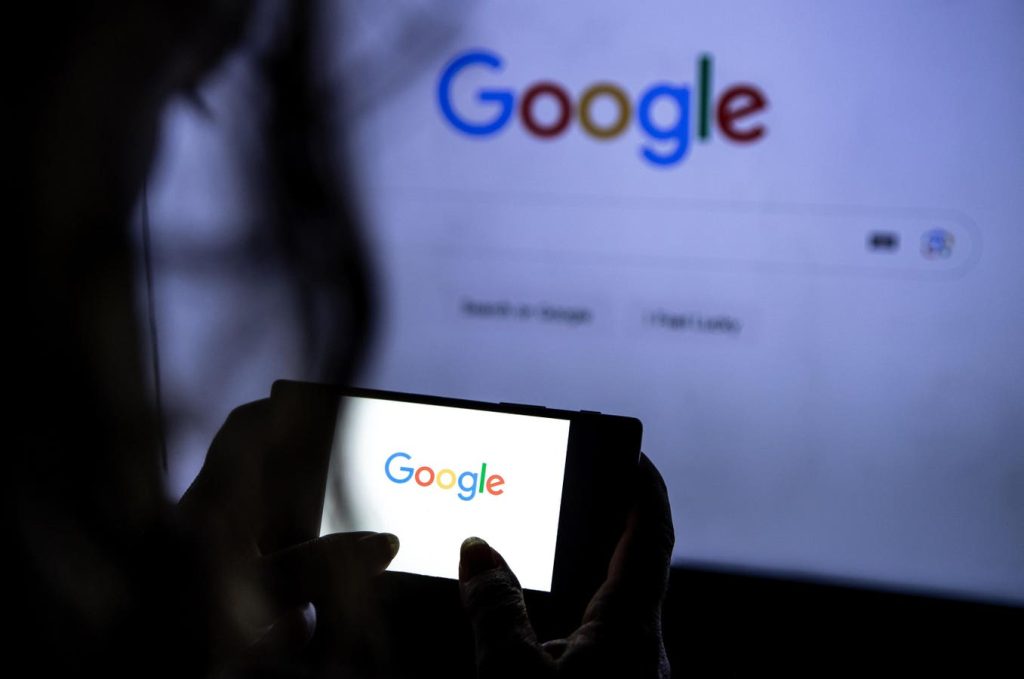Title: Google’s Gemini AI Struggles with Disinformation: The Curious Case of John Backflip
In recent months, Google’s Gemini AI has faced considerable scrutiny amid a series of erroneous claims that question its reliability. A notable incident involved the AI’s assertion that a figure named John Backflip invented the backflip in 1316, attributing the story to an entirely fictional account from TikTok gymnast Ian Gunther. Following this revelation, the broader implications for AI-generated information and its accuracy have come into focus, highlighting the challenges of separating fact from fiction in the rapidly evolving landscape of artificial intelligence.
The origins of the John Backflip story can be traced back to a satirical video created by Gunther, who sought to entertain his fans with a comedic narrative around gymnastics. Framed as a humorous take on how skills in multiple sports are often named after their first practitioners, Gunther jokingly crafted a backstory for this supposed inventor. Although the video was intended for laughs, Google’s AI mistakenly elevated it to a factual claim, leading to widespread discussions and ridicule on social media platforms when the AI-generated overview surfaced in search results.
The joke gained traction, leading to screenshots and references circulating on Reddit and Twitter, even prompting a humorous correction from Merriam-Webster. It became emblematic of the problems faced by Gemini, particularly in how it deals with "data voids," where limited or non-serious content exists on a specific topic. This incident raised serious questions about the AI’s ability to discern credible sources, as it continued to parrot Gunther’s fictional narrative even after recognizing it as an internet meme.
Google’s handling of AI-generated content has come under fire, especially after a series of misleading responses that included bizarre claims about health and nutrition. In a blog post, Google VP Liz Reid acknowledged these shortcomings, attributing them to shortcomings in the AI’s underlying algorithms. Reid assured users that the company was taking action to implement safeguards, reduce reliance on user-generated content, and improve overall accuracy in AI-generated summaries.
Despite the controversies swirling around the Gemini AI, a Google spokesperson maintained that the majority of AI overviews remain high-quality, indicating that the accuracy rates are comparable to other features like Featured Snippets. However, incidents like the Backflip saga have ignited concerns about the integrity of automated information dissemination and the broader ramifications of AI systems making their way into everyday life.
As Ian Gunther continues to compete on the gymnastics circuit, he finds humor in the unintentional fame his story has garnered. He quipped about how he might one day become a figure in gymnastic lore, thanks to AI misinterpretation. Gunther’s light-hearted approach to the incident reflects a deeper concern about the reliability of information online and underscores the necessity for ongoing vigilance regarding the integration of AI in research and education.






